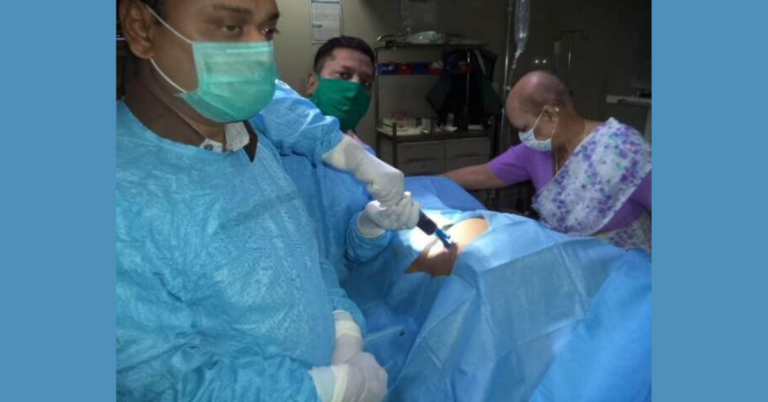The Role of Immunology in Sports Medicine: A Focus on Cricket: Allpannel, Laserbook247 com, 247betbook
allpannel, laserbook247 com, 247betbook: Sports medicine is a field that encompasses various aspects of healthcare, with a specific focus on the treatment and prevention of sports-related injuries. In recent years, the role of immunology in sports medicine has gained increasing recognition, particularly in sports like cricket where players are constantly pushing their bodies to the limit.
Cricket is a demanding sport that requires players to have a high level of physical fitness and endurance. However, the rigorous training and competition can also take a toll on the immune system, leaving players vulnerable to infections and illnesses. This is where the field of immunology comes into play, helping to understand how the immune system responds to the demands of the sport and how it can be optimized to keep players healthy and performing at their best.
One of the key roles of immunology in sports medicine is to help identify and manage the immune system’s response to physical exertion and stress. When a player is training or competing, their body undergoes a series of physiological changes, including the release of stress hormones and inflammatory cytokines. These changes can impact the immune system, making players more susceptible to infections and illnesses.
Immunologists work closely with sports medicine practitioners to monitor players’ immune function and develop strategies to support their immune health. This may include dietary interventions, supplementation with immune-boosting nutrients, and lifestyle modifications to reduce stress and improve sleep quality. By optimizing the immune system, players can reduce their risk of illness and injury, allowing them to perform at their peak on the field.
In addition to supporting immune function, immunology also plays a crucial role in managing and preventing sports-related injuries. Inflammation is a common response to physical activity and can contribute to the development of conditions like tendonitis, bursitis, and muscle strains. By understanding the inflammatory processes involved in these injuries, immunologists can develop targeted treatments to reduce inflammation and promote healing.
Furthermore, immunology can also help in the treatment of common sports-related conditions like asthma, allergies, and autoimmune disorders. These conditions can impact a player’s performance and overall health, making it essential to address them effectively. Immunologists can work with sports medicine practitioners to develop personalized treatment plans that address the underlying immune dysfunction and optimize players’ health and well-being.
Overall, the role of immunology in sports medicine is vital for supporting the health and performance of athletes in sports like cricket. By understanding how the immune system responds to the demands of training and competition, practitioners can develop targeted interventions to optimize immune function, prevent injuries, and support players’ overall well-being. Through a multidisciplinary approach that combines the expertise of immunologists, sports medicine practitioners, and other healthcare professionals, athletes can stay healthy, resilient, and at the top of their game.
—
FAQs:
Q: Can immunology help prevent common cricket-related injuries like muscle strains and tendonitis?
A: Yes, immunologists can work with sports medicine practitioners to develop targeted treatments that reduce inflammation and promote healing, thereby helping to prevent and manage common cricket-related injuries.
Q: How can players optimize their immune function through diet and lifestyle modifications?
A: Players can optimize their immune function by consuming a balanced diet rich in immune-boosting nutrients, staying hydrated, getting adequate rest, managing stress levels, and practicing good hygiene habits.
Q: What role does immunology play in managing conditions like asthma and allergies in cricket players?
A: Immunologists can develop personalized treatment plans to address the underlying immune dysfunction that contributes to conditions like asthma and allergies, helping players to manage their symptoms and perform at their best.







